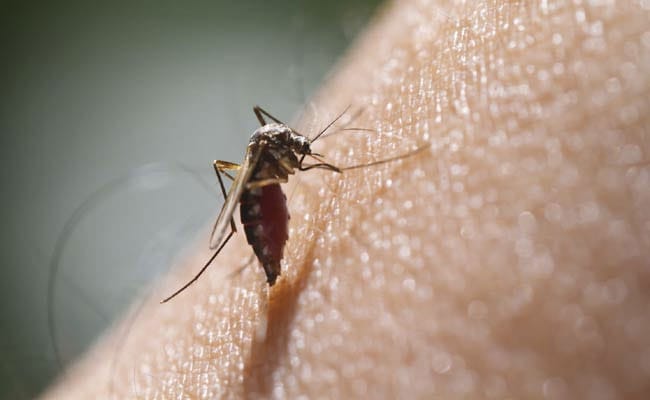
[ad_1]

Anopheles stephensi is a malaria-carrying species of mosquito.
An invasive super mosquito carrying malaria, originating from Asia, is wreaking havoc in urban areas of Africa. Scientists have, for the first time, confirmed its resistance to all insecticides, leading to a surge in malaria cases across the Horn of Africa.
According to The Telegraph, in recent years, there has been speculation that the arrival of the Anopheles stephensi mosquito-native to parts of Asia and the Arabian Peninsula-in at least five African countries could be behind an unexpected surge in malaria. This increase has been dramatic and fast: in Djibouti, for instance, infections skyrocketed by 2,800 percent in just eight years after the highly adaptable, city-loving super mosquito was first spotted in 2012.
But until now, the “impact of An. stephensi in malaria transmission in Africa has been anecdotal,” said Dr Luigi Sedda, an epidemiologist at Lancaster Medical School.
One of the most distinguishing features of the super mosquito is its exceptional adaptability. This insect has demonstrated a remarkable ability to thrive in diverse environments, including urban and rural settings. Its adaptability is further enhanced by its ability to breed in a variety of water containers, including discarded tires, flower pots, and even bottle caps.
The super mosquito’s resilience is another hallmark of its success. This insect has developed resistance to a wide range of insecticides, making it particularly challenging to control. Its ability to evade eradication efforts highlights the need for innovative and sustainable mosquito control strategies.
The Telegraph mentioned a new report, published in Nature Medicine, in which researchers tracked a specific outbreak on a university campus in Dire Dawa, a city in eastern Ethiopia, less than 150 miles from the border with Djibouti, and found the “strongest evidence to date” that the stephensi mosquito is driving urban malaria outbreaks in Africa.
The study revealed that in Dire Dawa, malaria cases increased 12-fold in the 2022 dry season compared to 2019. To track the role played by the insect, researchers mapped where these bugs were living and compared that to the location of patients.
The development of super mosquitoes is a serious problem that is likely to get worse in the future. This is due to a number of factors, including the overuse of insecticides, the use of ineffective insecticides, and the genetic mutation of mosquitoes.
[ad_2]
Source link
